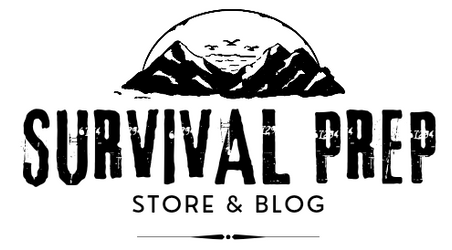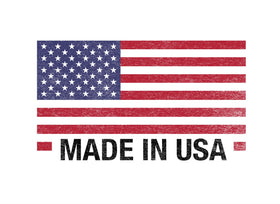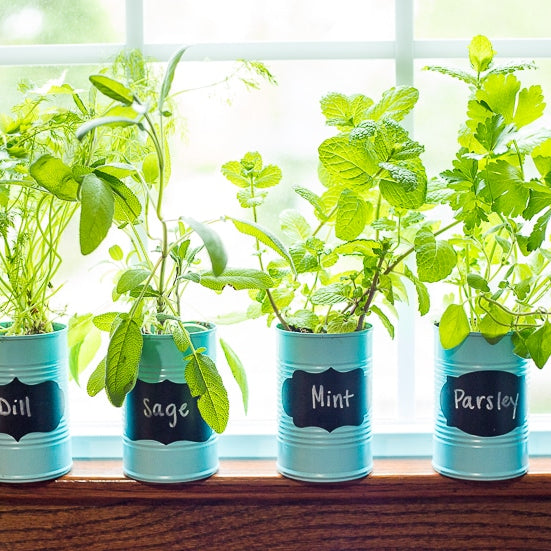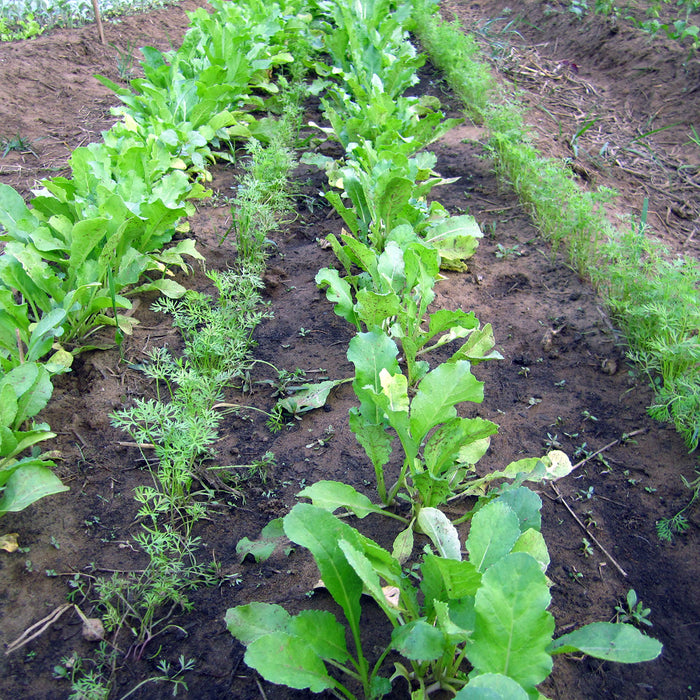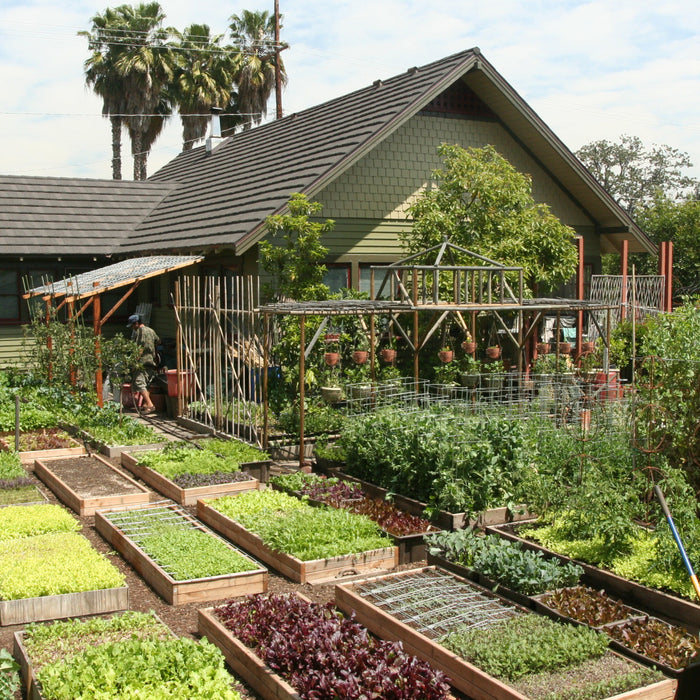Long story short, no water does not expire.
Even though water does not technically expire, it's chemistry can change over time. When water is exposed to open air it absorbs a small amount of CO2. A little more than 0.1% of that CO2 then get converted into carbonic acid.
Once this occurs, the carbonic acid forms both bicarbonate and carbonate which lowers the pH of the water over time. As a result of this chemical reaction, the water becomes slightly more acidic and bitter. This can be observed by leaving a glass of open water on your nightstand overnight and then taste-testing it in the morning. It just doesn't have the same fresh taste.
Just because the water gets slightly more acidic doesn't necessarily mean that it isn't safe to consume - but the glaring problem is that anything left in open air is going to attract bacteria. So that glass of water that you left out overnight will most likely have some bacteria in it in the morning, and even worse, they will be feeding on the sugars backwashed from your saliva when you put the glass to your mouth.
There are additives in both tap and bottled water such as very low levels of chlorine that prevent bacteria from multiplying for a day or two, but who really wants to be ingesting chlorine either?
Household dust can also change the taste of your water, so it’s probably a good idea to dump out a glass that’s been sitting out for a few hours and pour yourself a new one.
But does a closed bottle of water actually go bad? According to DNews, it can be stored “indefinitely” if it’s properly stored. The Centers for Disease Control put out a statement saying commercially bottled water is the safest method for long term storage, but it should not be in a place where it will be in direct sunlight because some plastics release hormone disrupter bisphenol A (BPA) when they're heated.
Another big problem with plastic water bottle is that they are permeable. They absorb pesticides, gasoline, and other pollutants that are nearby.
In my opinion, this is not the type of water I want to drink in an emergency situation.
If you're interested in learning how to properly store water in BPA free containers read:
How to Create and Store an Emergency Water Supply.
